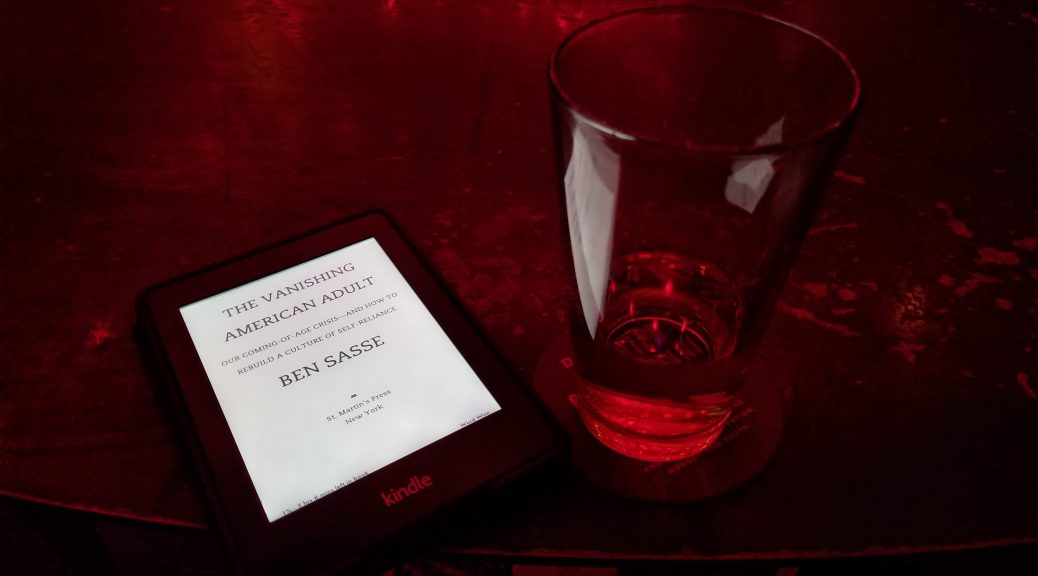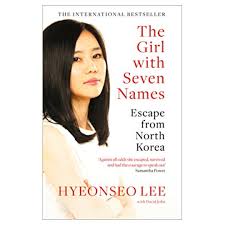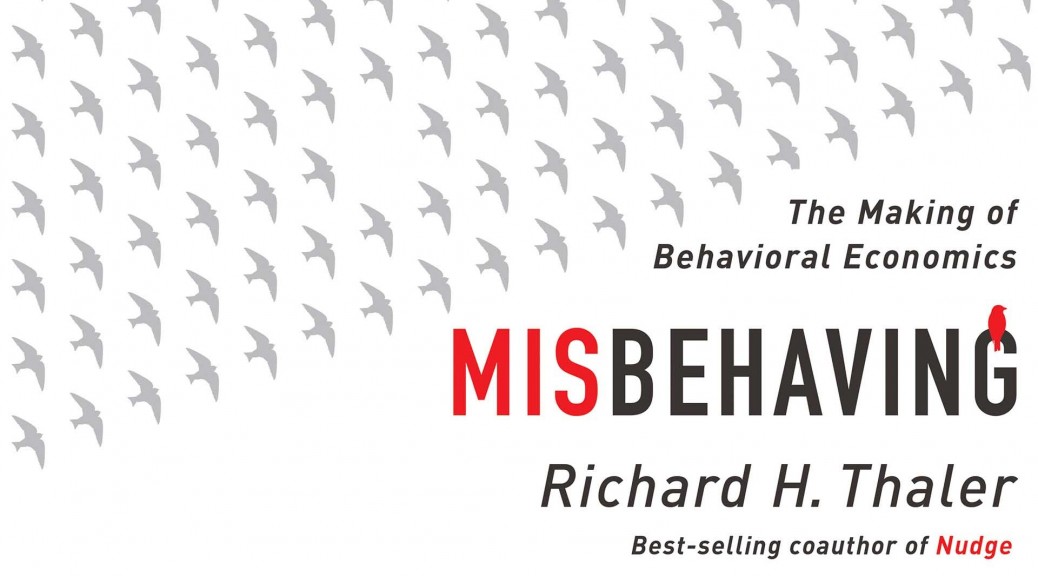For no particular reason – that I’m aware of anyway – I thought about “Atlas Shrugged” in a new light last night. I used to see the individualist, objectivist and logical aspect of the book and I valued the story for it. But there’s a completely different aspect I’ve been ignoring so far that seems to be far more important and relevant today. In fact the main question Ayn Rand asks strikes me this morning as the most important one anybody can ask; when would you quit? In other word; how far does a society of Men as to go for you – a self sufficient, productive individual – to say; “Stop, I will no longer support this madness.”
Essentially the book is about John Galt refusing to gift his community with his new invention, leaving a society he despises to its own predictable collapse.
There’s a certain percentage of individual who are a positive force to their community today. They pay taxes and not to be too blunt but these taxes are used for anything from the financing of K-12 to the bombing of Yemenite children.
Let’s forget about D.J. Trump since by any standard is a pretty melow president regardless of what some seems to believe. Instead, let’s project ourselves to 2024 and the election of a new American president. Let’s assume this newly elected president decides that the starving of the Venezuelan people by Maduro has been going on for too long and starts bombing down the place. Then the US President start ranting about Iran and decide to send an armed force. What else? Bomb Saudi Arabia as pay back for 9/11? Triple the military involvement in Afghanistan to put an end to the longest armed conflict in centuries? I’m sure there’s some place in western Africa we could bomb to…
I think by now you see the point. How far your own elected government as to go for you to either leave the country or possibly take up arm against your own government and bring it down?
Obviously if you’re single and have no kids it’s an ‘easy’ decision. After all, you just have to pack everything, leave behind your family, your friends and the culture you – used to – love. Then again if you factor in the love of your life it gets more complicated. Adding kids to the equation and it’s a whole different animal.
Talking is cheap. The whining and crying over Trump that has been going on for almost two years tells us that much. “To act” is far more difficult. An hypothetical would be helpful here. Luckily human History provides us with plenty of despicable leaders. We could very well use Adolf as an example – it’s very fashionable these days – but let’s take Stalin instead for the sake of variety. Between the starvation of his own people, the eugenic policies, the systematic killing of jews, the murder of political opponents and the completely random mass assassination of people for the sake of absolute control we have plenty enough for our hypothetical. Let me remind you of the question here; Where would you have stopped financing that society?
I’ll let you in on a little secret. Chances are you would have done nothing different than the previous generations. You would have used every rationalization possible to justify your indolence and docility towards the most murderous system of government. It’s nothing special really. Most people would. I think that’s what makes the question raised by Ayn Rand so pertinent even today. It forces every individual to look deeply into the mirror, to gather all the honesty an individual can muster and forces that individual to answer; “what is my breaking point?”



